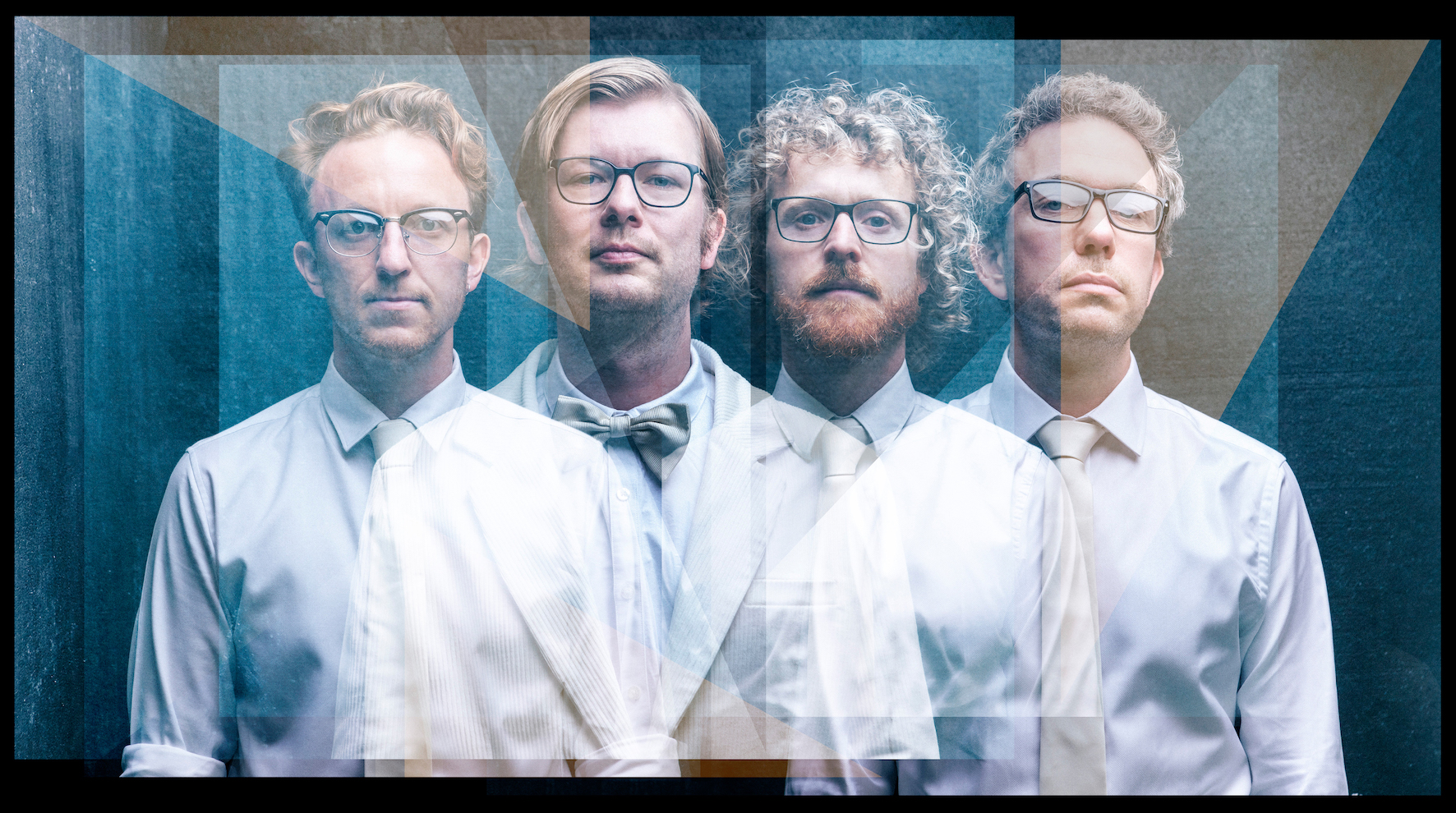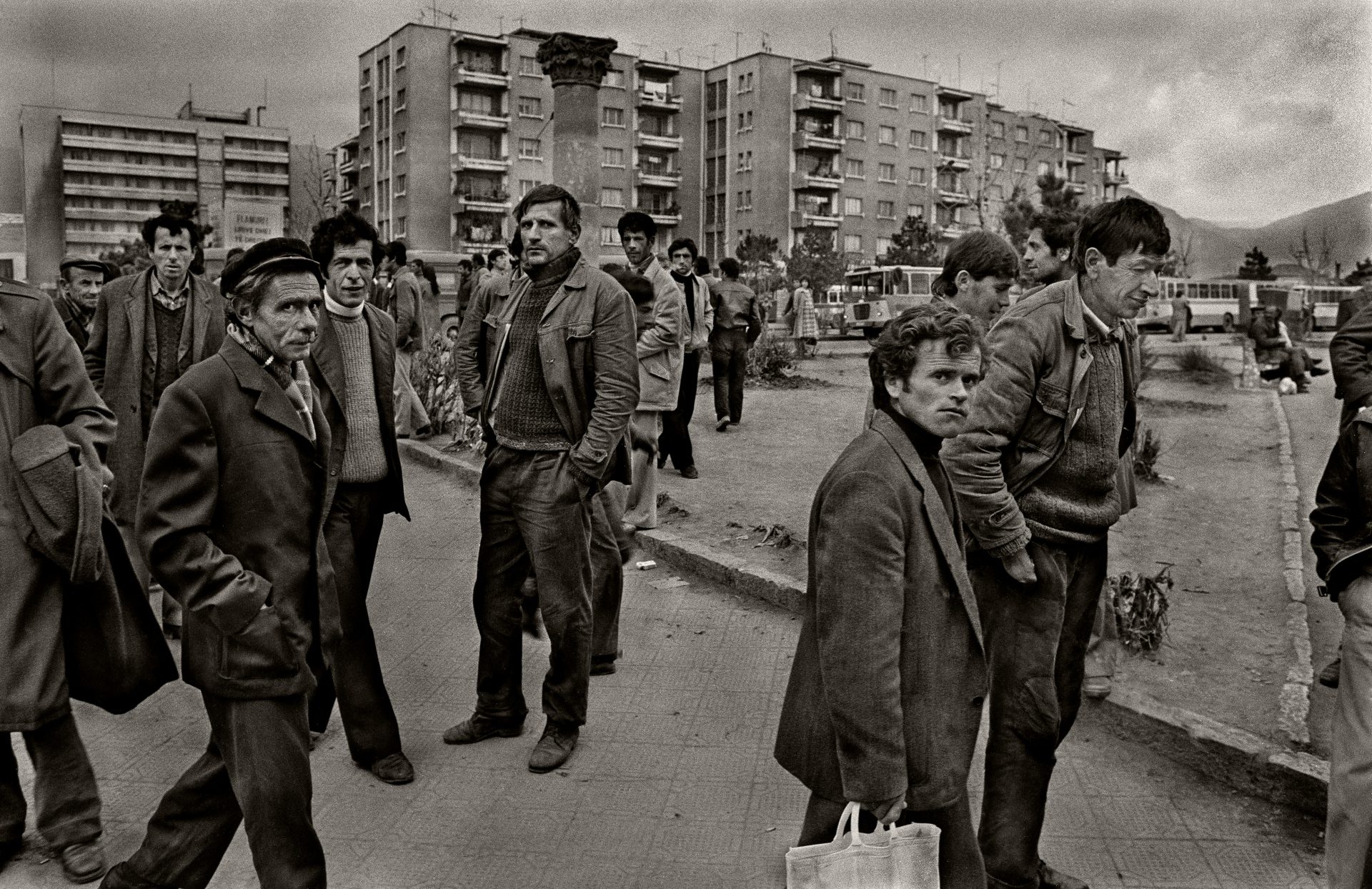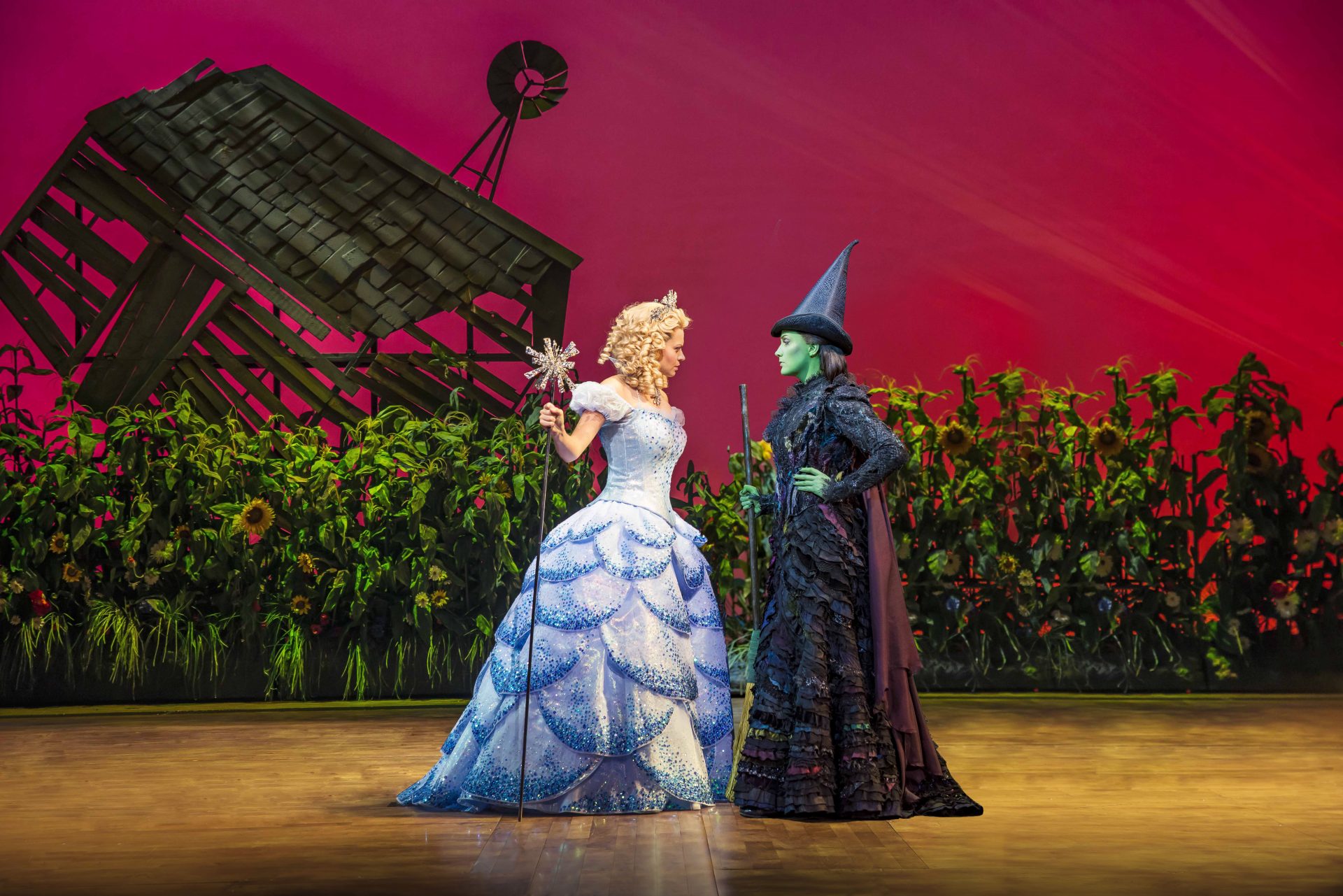“Berlin is a city that is forever in the process of becoming, never being, and so lives more powerfully in the imagination,” Rory MacLean wrote in Berlin: Imagine a City, his novelistic history told through the stories of 21 of the city’s former inhabitants. The nebulous nature of the German capital has inspired creativity, MacLean argues, as “so much of it has been lost or reinvented that the mind rushes to fill the vacuum, fleshing out the invisible, linking facts with fiction.” Now, four musicians from London have again been moved by the city’s mystique.
Public Service Broadcasting have never been restricted by the usual thematic parameters of popular music, instead using samples from vintage footage and public information films to explore 20th century history and create energising, dynamic soundscapes. Their debut single ROYGBIV (2012) was about the launch of colour TV, featuring samples from a 1950s RCA documentary about this modern wonder, and they have released concept albums about subjects as diverse as the space race and the history of the Welsh mining industry.
Now, Bright Magic, Public Service Broadcasting’s fourth album, explicitly takes inspiration from MacLean’s book to focus on the history, myths and moods of Berlin – what the band’s founder J.
Willgoose calls this “fascinating, contrary, seductive place” – and, in the light of Brexit, to celebrate its creative spirit. “We’re kind of surrounded by people trying to dismantle stuff,” says Willgoose, “I’d rather look at those who want to unite and combine and create things.” Willgoose spent most of 2019 living in Berlin and put not just the feelings the city inspired but the very sounds of its infrastructure onto the record. Walking the Leipziger Strasse, the first street in the city to get electric lighting, and recording its currents with an electromagnetic receiver, Willgoose put the resulting buzzes on Im Licht, a track about AEG and Siemens’ early years manufacturing lightbulbs in Berlin. That track is part of the first of the record’s historically-informed three movements which evoke the city’s rise as an industrial power, its hedonistic Weimar era, and its role in early abstract expressionist film-making.
But Bright Magic is just as invested in Berlin’s musical history as the story of its 20th century. Willgoose recorded at the city’s Hansa Tonstudio, a place saturated with the mythology of David Bowie’s Berlin trilogy, and the sounds of the second sides of 1977’s Heroes and Low are here in abundance. Willgoose has admitted “the whole shape and structure of the record is very much in debt to Low”, and the track The Visitor takes its template directly from Bowie’s Warszawa from that album. The links to Berlin’s musical heritage continue on the single People, Let’s Dance, an electro riot taking its title from the 22nd chapter of MacLean’s book and celebrating Berlin nightlife. It samples Depeche Mode’s People Are People (1984), also recorded at Hansa and heavily influenced by the industrial sounds of West Berlin’s Einstürzende Neubauten. Meanwhile, the euphoric, guitar-driven single Blue Heaven is propelled by the motorik beat of the 1970s krautrock pioneered by Can, Neu! and Kraftwerk.
The song, which features vocals from Andreya Casablanca of Berlin garage rock band Gurr, takes its title from the Marlene Dietrich song, and the Berlin legend, and her creation of her own myth – “I am all my own invention”, as the song puts it – is its lyrical theme.
While the ‘debt’ to the musicians who have taken inspiration from Berlin in the past often finds you wanting to reach for the originals, with Bright Magic Public Service Broadcasting have evoked all the drama of history to create an immersive sonic landscape which never wanders far from the feel of Rory MacLean’s book. His aim was to portray the city both through its famous “mythmakers” and “some of the countless others whom one has never heard of ”, and the closing track, Ich und die Stadt, similarly evokes both the anonymity and human scale of the experience of the city as it finds extraordinary German actress Nina Hoss reading Weimar journalist Kurt Tucholsky’s poem Augen In Der Großstadt (‘Eyes in the Big City’). It concludes “Two strange eyes, a short glimpse/ the brow, the pupils, the lids/ What was that?/ A small piece of mankind/ Over, gone, never again”. Bright Magic is a cinematic experience which perfectly reflects MacLean’s Berlin.
BERLIN IN FIVE SONGS
David Bowie, Where Are We Now? (2013)
Bowie’s bitter-sweet tribute to his time living in Berlin in the late 1970s provides a map of the city, referencing Potsdamer Platz, the Dschungel nightclub, the KaDeWe department store and the Bösebrücke bridge east-west border crossing.
Iggy Pop, The Passenger (1977)
Bowie’s partner in crime during his Berlin stay, Iggy Pop evoked all of the bewitching decadence of Berlin in this song, allegedly inspired by riding its S-Bahn trains through, as he puts it, “the city’s ripped backsides”.
Marlene Dietrich, Ich hab’ noch einen koffer in Berlin (1955)
The native Berliner renounced her German citizenship in 1939 and I Still Have a Suitcase in Berlin, referenced on Public Service Broadcasting’s tribute to Dietrich, Blue Heaven, is full of a mournful nostalgia: “The bliss of bygone days/ They are all still in that little suitcase.”
Walter Ruttmann, Wochenende (1930)
Filmmaker, painter, and cellist Ruttmann’s musique concrète collage captured a weekend in the city through snippets of sound. Three of the tracks from Public Service Broadcasting’s new album sample the work.
Public Service Broadcasting, Der Rhythmus der Maschinen (2021)
Blixa Bargeld of industrial pioneers Einstürzende Neubauten provides the vocals on this dynamic, Metropolis-inspired celebration of industry, which opens with a homage to the title track of Bowie’s krautrock influenced Station to Station (1976).




